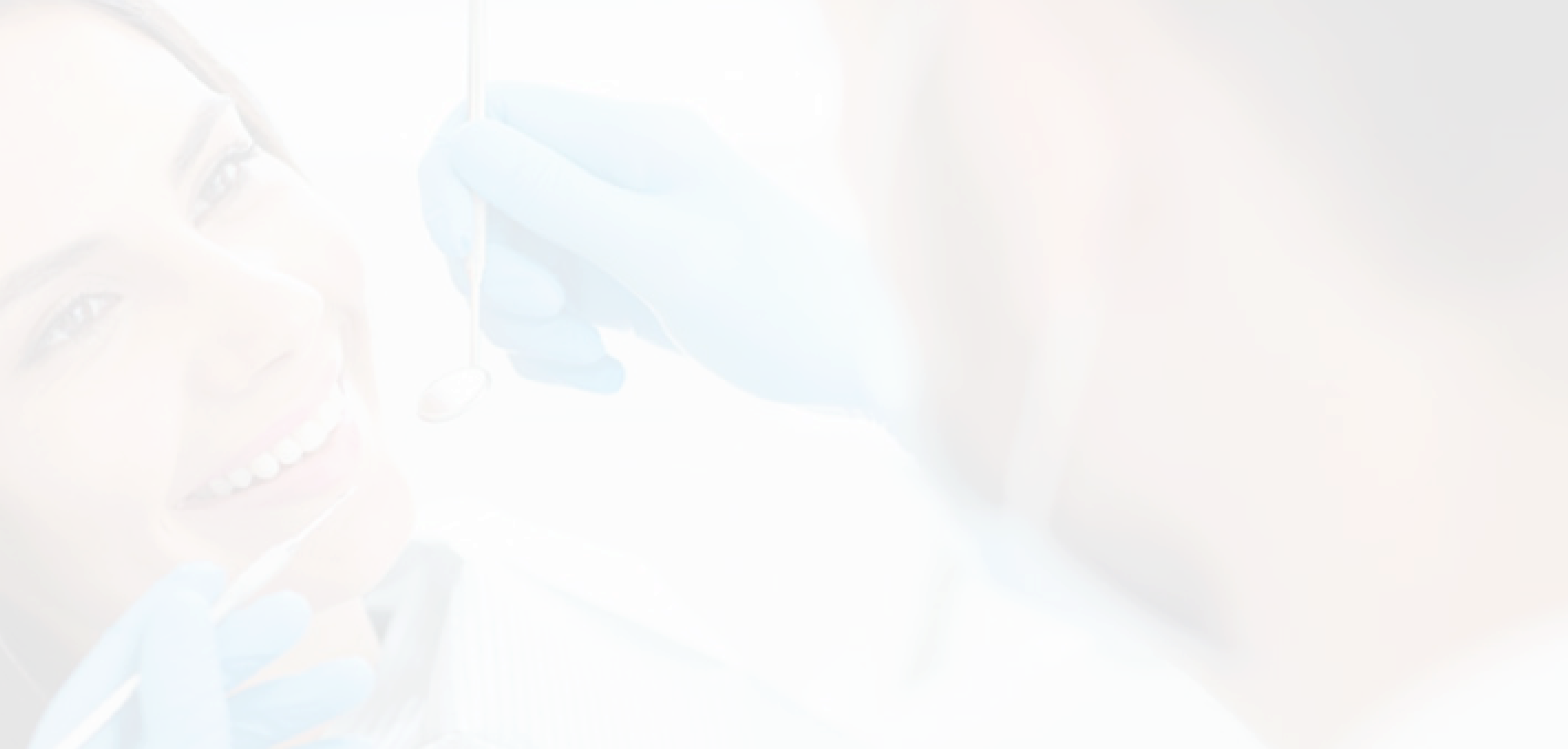Tooth grinding, medically referred to as bruxism, is a dental issue that many people unknowingly experience. It can silently wreak havoc on your teeth and jaw, often revealing its presence only when noticeable damage or discomfort occurs. For residents of South Gate, understanding the causes, symptoms, and available treatments for bruxism is crucial for maintaining optimal oral health. In this blog, we’ll discuss the factors that contribute to tooth grinding, its effects, and the solutions that South Gate Smile Dental offers.
What Is Tooth Grinding (Bruxism)?
Bruxism is the involuntary clenching, grinding, or gnashing of teeth, most commonly during sleep. It can occur in people of all ages and is typically linked to stress, sleep disorders, or dental misalignment. Left untreated, tooth grinding can lead to tooth damage, jaw disorders, and other complications.
What Causes Tooth Grinding?
Understanding the root cause of bruxism is the first step to effective treatment. Here are some common triggers:
Stress and Anxiety: Stress is one of the leading causes of bruxism. Many people clench their jaws or grind their teeth as an unconscious response to tension or anxiety, especially during sleep.
Sleep Disorders: Conditions like sleep apnea and snoring can increase the likelihood of bruxism. Disrupted sleep patterns often lead to jaw clenching or grinding.
Dental Misalignment: When your teeth are misaligned, it can create uneven pressure, leading to involuntary grinding or clenching.
Lifestyle Factors: Excessive consumption of caffeine, alcohol, or tobacco can trigger or worsen tooth grinding.
Medical Conditions and Medications: Neurological disorders and certain medications, such as antidepressants, have been associated with bruxism.
Symptoms of Tooth Grinding
Identifying the signs of bruxism early can prevent long-term damage to your teeth and jaw. Common symptoms include:
Tooth pain or sensitivity: Grinding wears down the enamel, exposing the sensitive layers of teeth.
Jaw pain or tightness: Persistent clenching can strain the jaw muscles.
Headaches: Morning headaches are a common complaint among those who grind their teeth at night.
Worn or chipped teeth: Flattened or cracked teeth are telltale signs of chronic grinding.
Disrupted sleep: Grinding can be loud enough to wake your partner.
How Tooth Grinding Affects Your Oral Health
Without treatment, bruxism can lead to several dental and health issues, including:
Cracked or Broken Teeth: Grinding places excessive pressure on teeth, causing fractures.
Temporomandibular Joint (TMJ) Disorders: Prolonged bruxism can strain the jaw joint, leading to painful TMJ dysfunction.
Gum Recession: The stress from grinding can cause gums to recede, exposing the tooth roots.
Increased Tooth Sensitivity: Eroded enamel from grinding makes teeth more sensitive to temperature changes.
Tooth Loss: Severe grinding can loosen teeth or cause them to fall out over time.
Solutions for Tooth Grinding
If you suspect you’re grinding your teeth, the good news is that there are effective solutions available. At South Gate Smile Dental, we offer comprehensive care to protect your teeth and relieve discomfort.
Custom-Fitted Night Guards
One of the most effective ways to protect your teeth is by wearing a custom-made night guard. These devices cushion your teeth and prevent further damage. Our team will design a night guard tailored specifically to your mouth for maximum comfort and protection.
Orthodontic Treatments
If misaligned teeth are the cause of your grinding, orthodontic treatments like braces or aligners can correct your bite and reduce grinding.
Stress Management
Since stress is a common trigger, adopting relaxation techniques such as meditation, yoga, or counseling can help alleviate grinding.
Lifestyle Changes
Limiting caffeine and alcohol, especially in the evening, can reduce bruxism episodes. Practicing good sleep hygiene can also make a significant difference.
Regular Dental Check-Ups
Routine visits to South Gate Smile Dental allow us to monitor your oral health and catch early signs of grinding. Our team is equipped to address the issue before it worsens.
South Gate Smile Dental: Comprehensive Care for Every Need
At South Gate Smile Dental, we provide more than just bruxism solutions. Our wide range of services ensures that you and your family have access to the best dental care in South Gate.
Our Services Include:
Emergency Dentistry: We’re here when you need us most. If grinding has caused sudden tooth pain or damage, we provide prompt care.
Dental Implants: Restore missing teeth with durable, natural-looking implants.
Family Dentistry: From children to seniors, we cater to the needs of every family member.
Cosmetic Dentistry: Enhance your smile with teeth whitening, veneers, and more.
Preventative Care: Routine cleanings and check-ups to maintain a healthy smile.
Affordable Dental Care for Everyone
We believe that high-quality dental care should be accessible to all. At South Gate Smile Dental, we offer:
Dental Insurance Acceptance: We accept most major insurance plans to make your treatments affordable.
Flexible Payment Plans: Our financing options ensure that cost is never a barrier to your oral health.
Convenient Payment Methods: We accept cash, credit cards, and other payment methods for your convenience.
FAQs About Tooth Grinding
What causes tooth grinding?
Stress, sleep disorders, and misaligned teeth are common causes of bruxism.
Can children grind their teeth?
Yes, bruxism can occur in children, often due to teething or stress.
How do I stop grinding my teeth?
Using a night guard, managing stress, and correcting dental misalignment can help reduce grinding.
Does bruxism go away on its own?
It depends on the cause. Stress-induced bruxism may improve with stress management, but dental-related causes require treatment.
Can bruxism damage dental work?
Yes, grinding can damage crowns, fillings, and other restorations. A night guard can protect these investments.
How much does a night guard cost?
The cost varies, but dental insurance often covers part of the expense. Contact us for a personalized quote.
What happens if bruxism isn’t treated?
Untreated grinding can lead to cracked teeth, TMJ disorders, and tooth loss.
Is bruxism related to sleep apnea?
Yes, sleep apnea is a known risk factor for nighttime tooth grinding.
Can diet affect bruxism?
Reducing caffeine and alcohol intake can help minimize symptoms.
How can South Gate Smile Dental help?
We provide custom night guards, orthodontic care, and other treatments to address the root cause of your grinding.
Contact South Gate Smile Dental Today
Don’t let tooth grinding compromise your oral health. At South Gate Smile Dental, we’re dedicated to protecting your smile and alleviating discomfort.
📍 Location: 2701 Firestone Blvd, South Gate, CA 90280
📞 Phone: +1 323-564-6906
🌐 Website: southgatesmiledental.com
🕒 Hours: Monday - Friday, 9:00 AM - 5:00 PM




